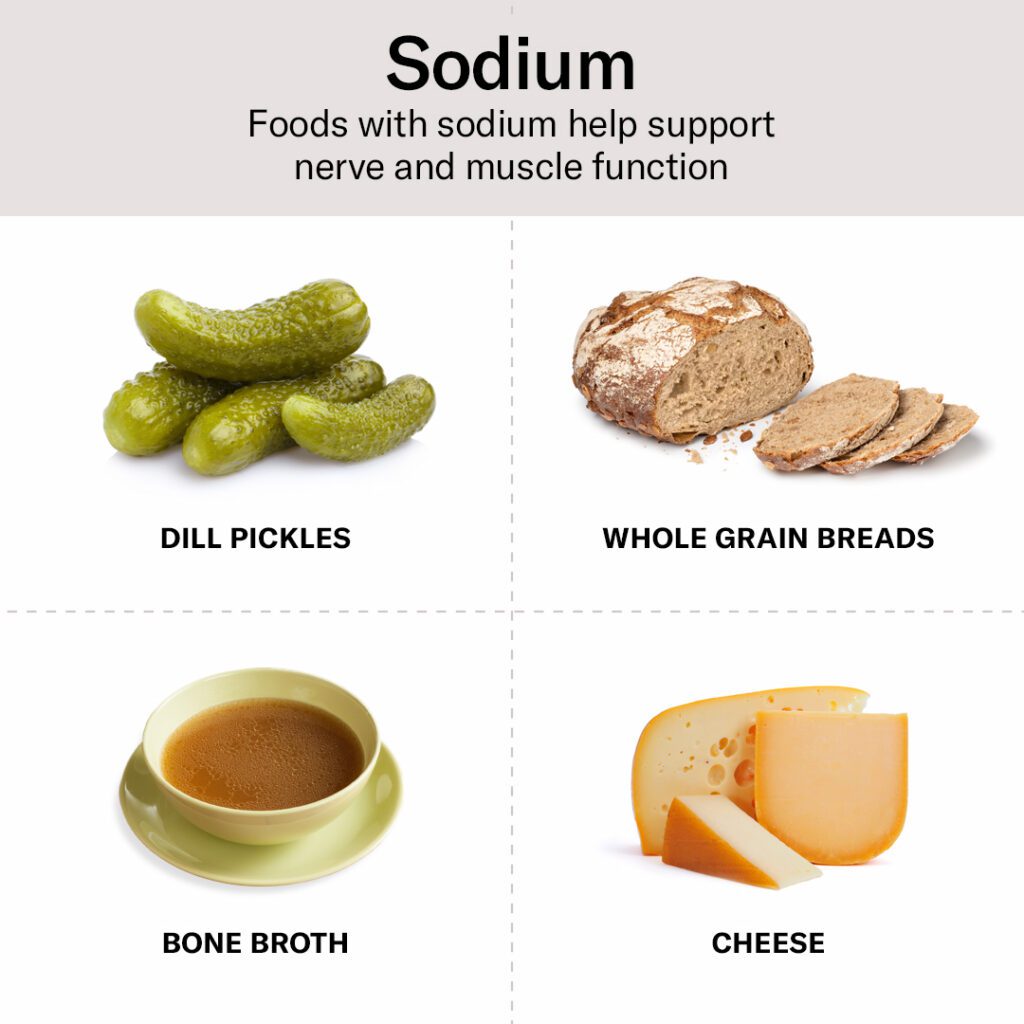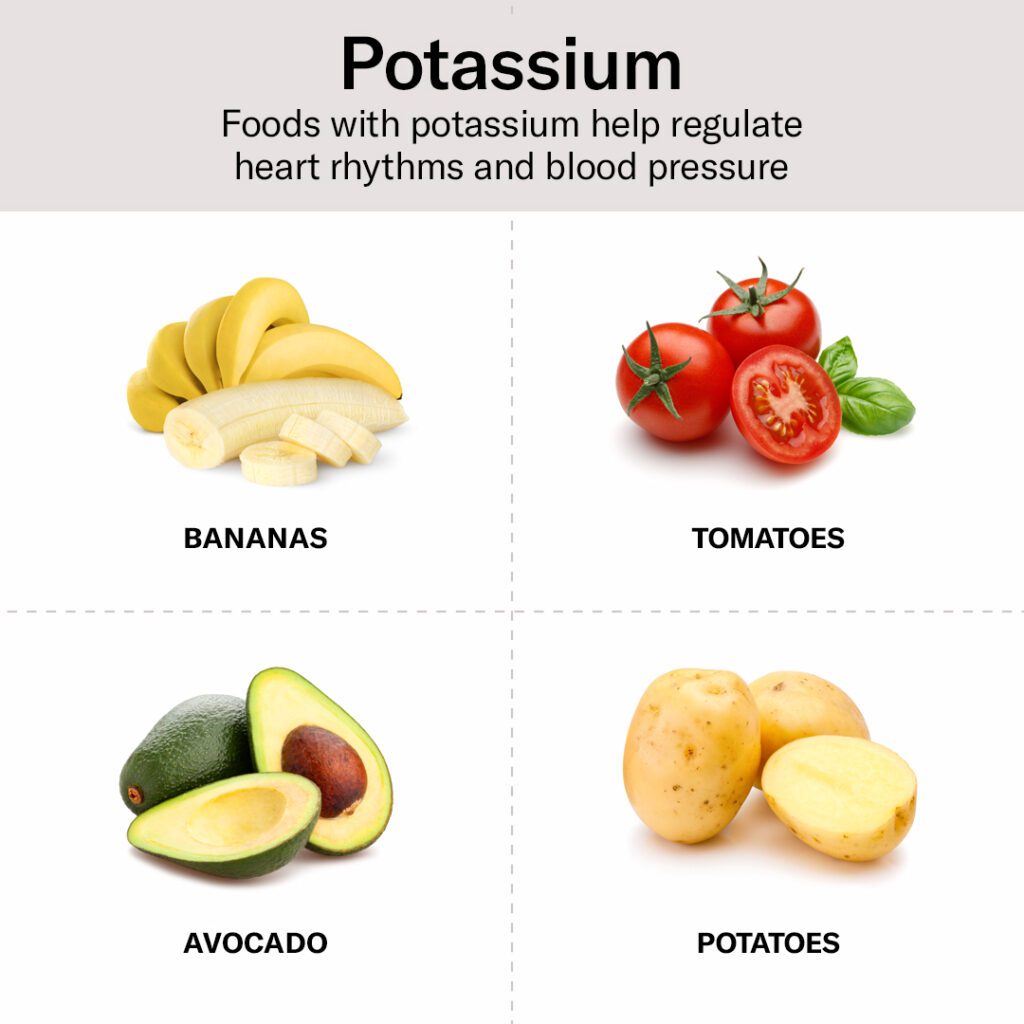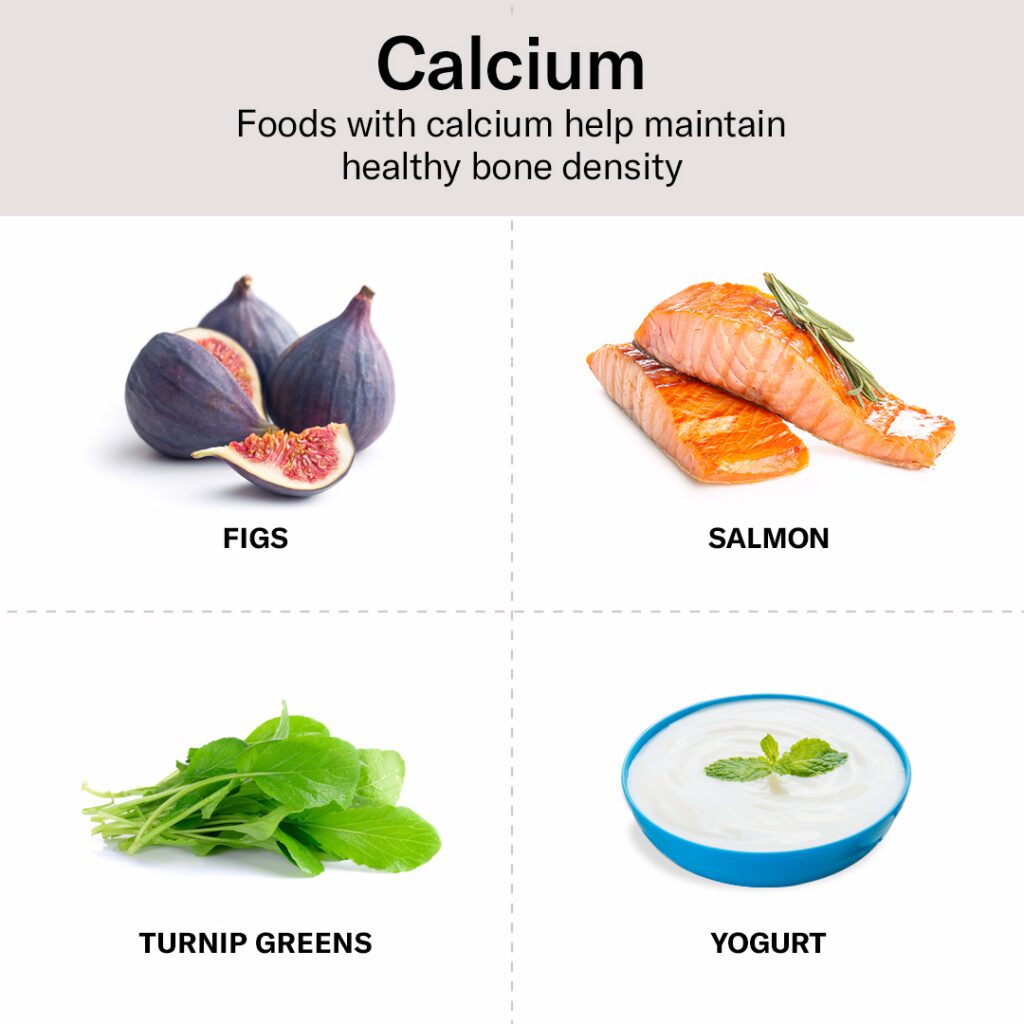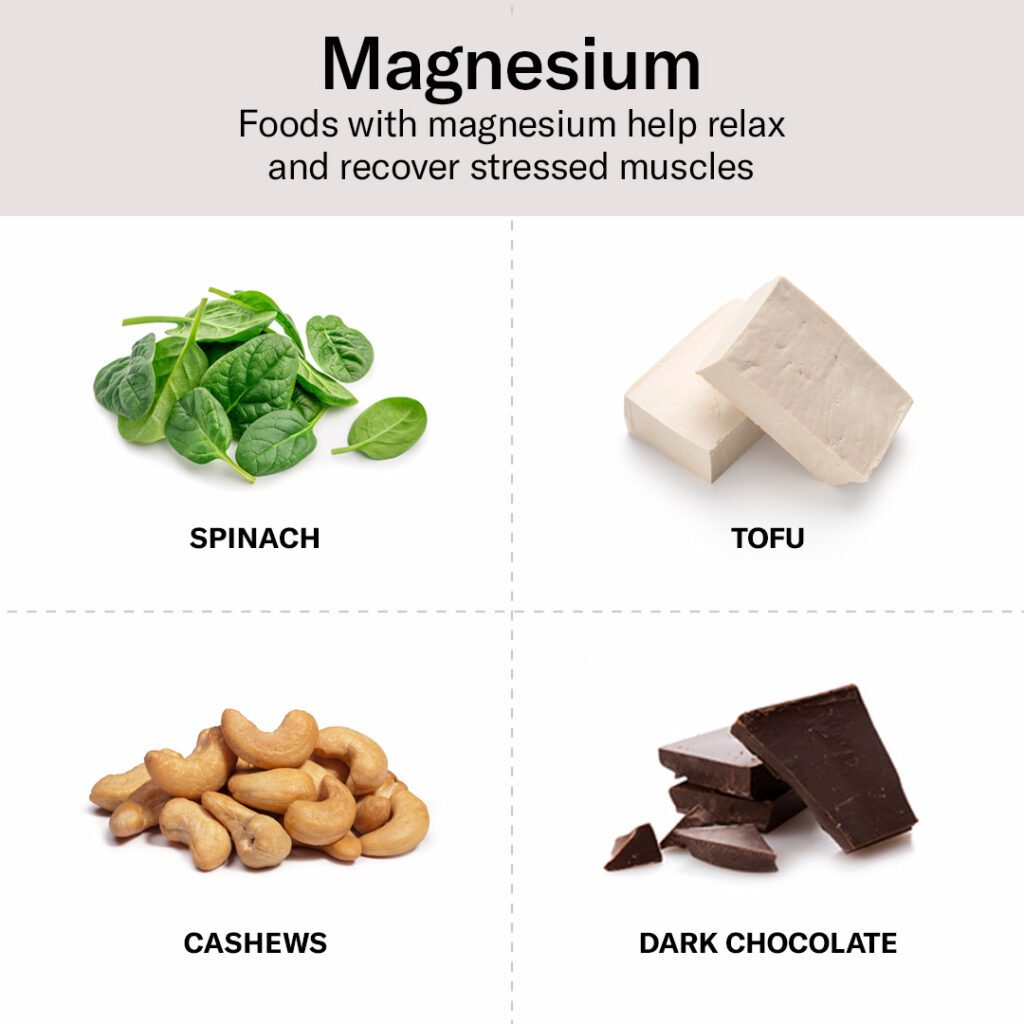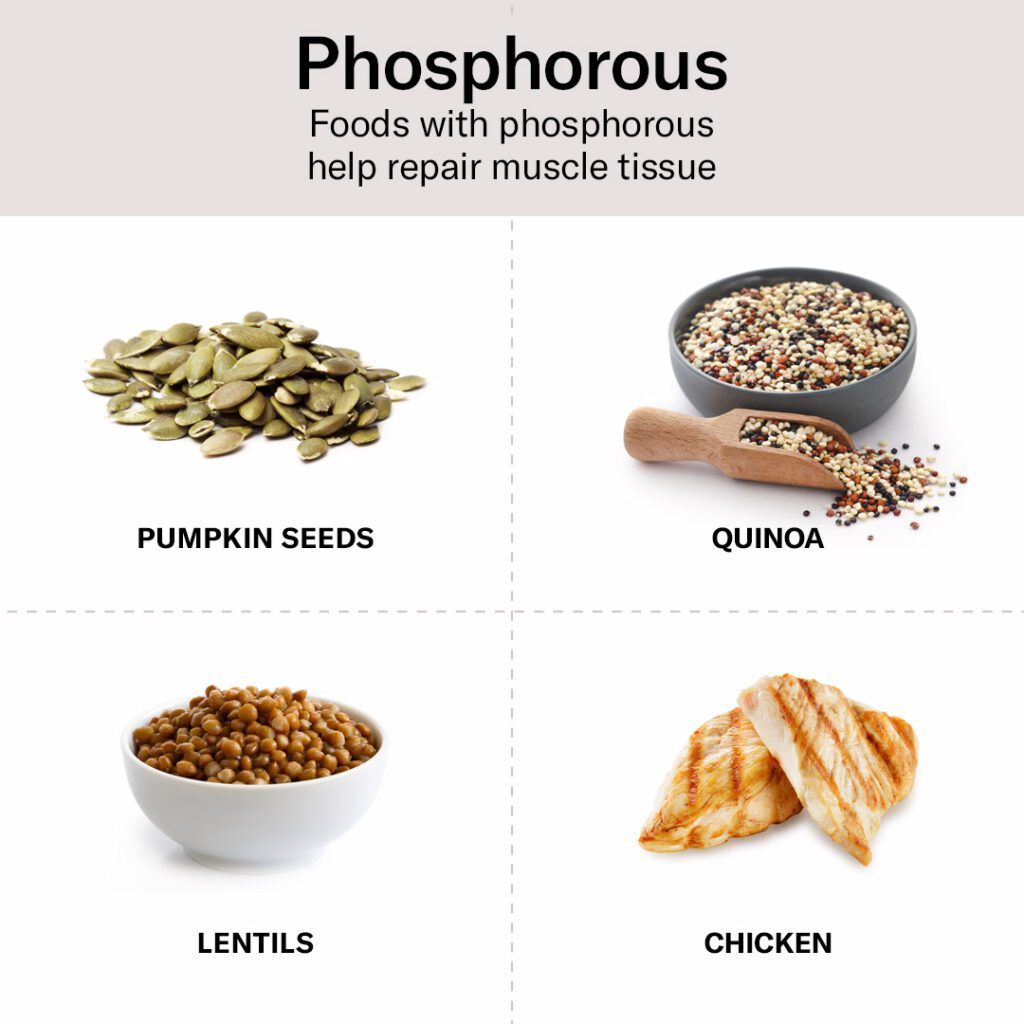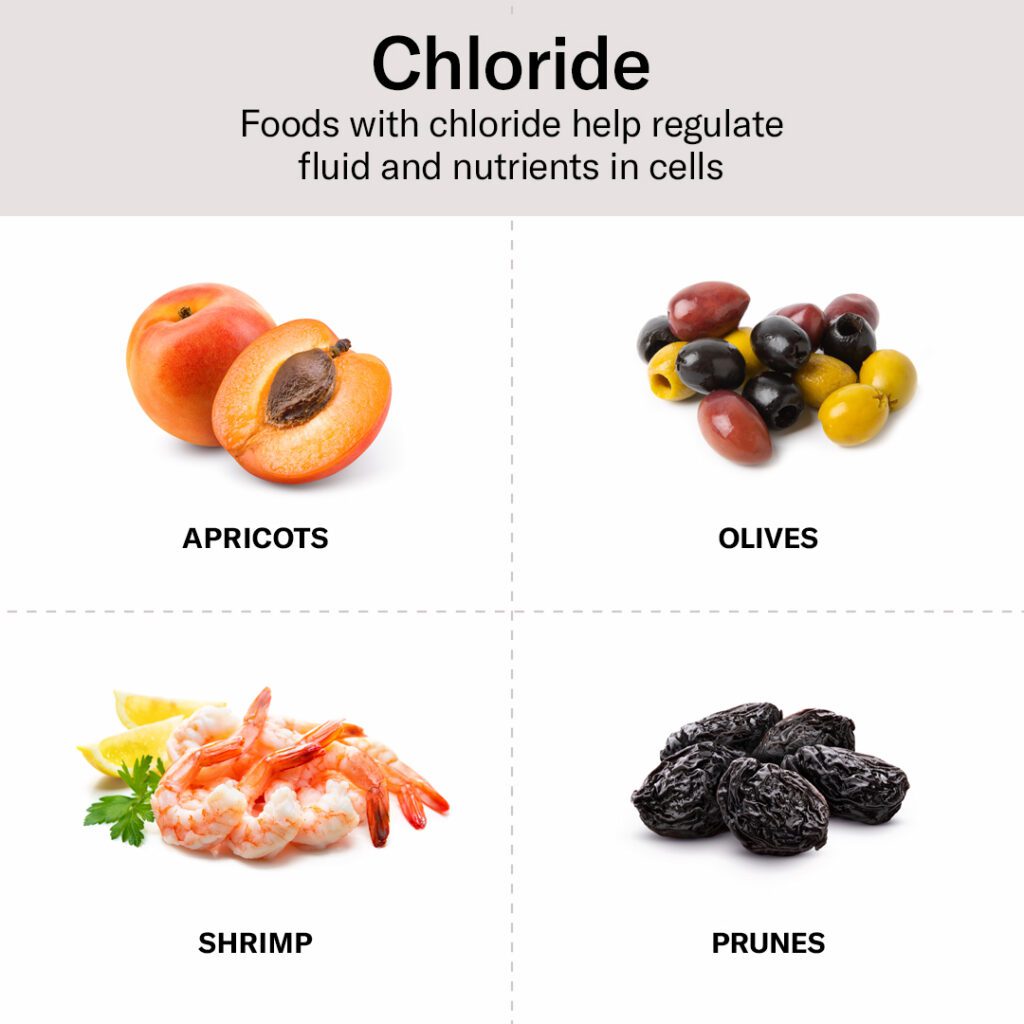Do We Need to Supplement Our Electrolytes?
An internist explains the role electrolytes play in our body, the health risks of not having enough, and the best ways to replenish them.
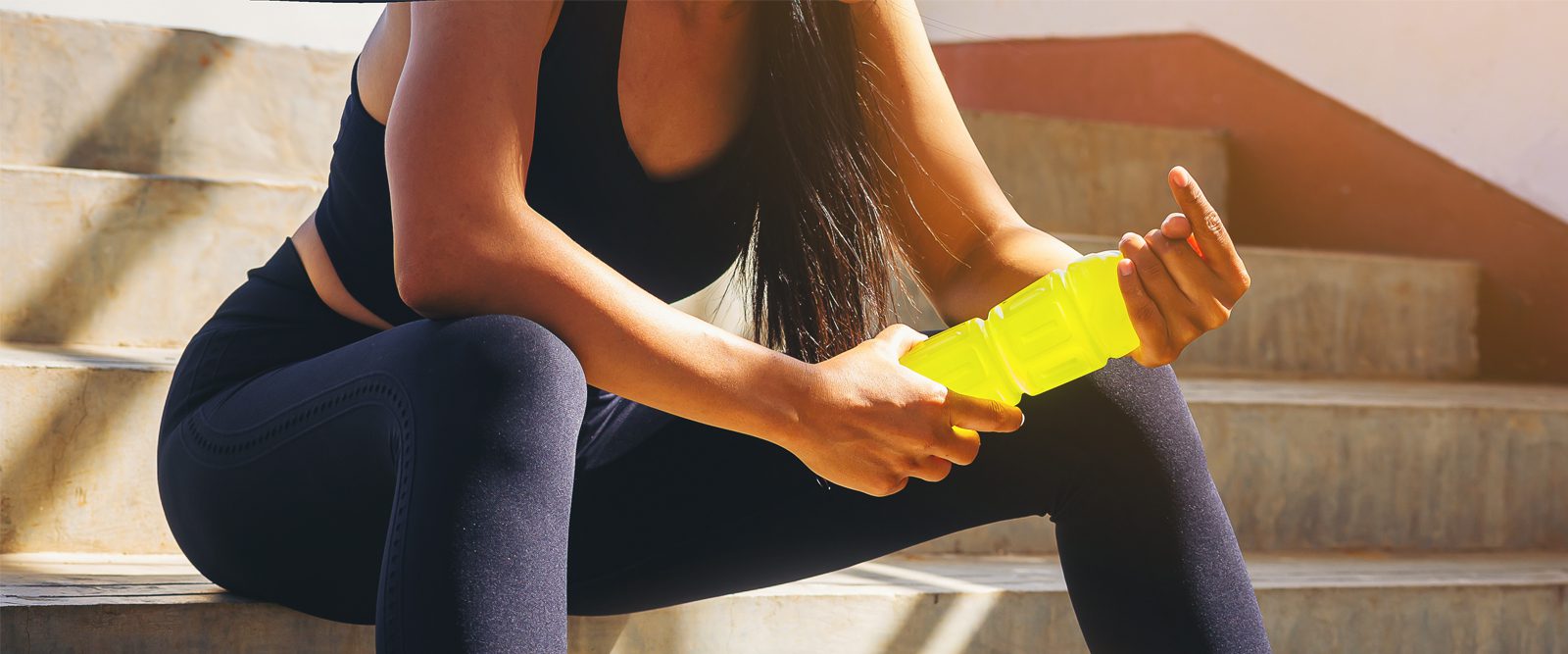
Whether they’re in neon-colored sports drinks or powder packets and liquid “drops” that are designed to be added to water, electrolyte supplements are touted for helping hydrate the body better and faster than water alone. But is it medically necessary to drink fluids that contain electrolytes?
“Most of the time, we don’t need to go out of our way to consume electrolytes,” says Dr. Keith Roach, a general internist and an associate attending physician at NewYork-Presbyterian/Weill Cornell Medical Center. “But in certain circumstances, it’s important to replenish them to avoid potential health risks.”
Health Matters spoke with Dr. Roach to better understand what electrolytes are, the role they play in our body, and how to avoid an imbalance.

Dr. Keith Roach
What are electrolytes?
Dr. Roach: An electrolyte is a charged mineral that, when dissolved in water, causes fluids to conduct electricity. Electrolytes are absolutely critical for all types of bodily functions, from thinking to physical movement, so it’s important that we maintain the proper levels. Luckily, our body has extensive mechanisms (mainly our kidneys) that work to preserve that balance, so we don’t need to worry about electrolytes most of the time, and we normally just get them through food.
How do you lose electrolytes?
Electrolytes are most commonly depleted during strenuous exercise, when both water and sodium, as well as a bit of potassium, are lost through sweat. Many people think drinking large amounts of water is enough to recover, but that’s not true. If you drink too much water and neglect to replace the sodium, your blood may become diluted — this is a condition called hyponatremia.
Hyponatremia can cause headaches, fatigue, nausea, vomiting, muscle weakness, and cramps. This is different from dehydration, also known as hypernatremia, which happens when the fluid levels in your body are low, and your sodium levels are too high. A study, conducted at the end of the 2005 Boston Marathon, found that 13% of runners had hyponatremia from low sodium levels, and 0.6% had severe hyponatremia, which can cause seizures, coma, and even death.
When should someone consume extra electrolytes?
A good rule of thumb is if you’re exercising at an intense level for over an hour or exercising in the heat, you should replenish electrolytes. Any time you’re sweating a lot, you are losing both fluids and electrolytes — and it’s important to replace both.
Electrolyte imbalance can also be caused by illnesses that cause vomiting, diarrhea, or sweating. I usually advise those patients to drink fruit juice (for potassium) and chicken soup (for sodium), to restore their fluids and electrolytes.
What is the best way to replenish electrolytes?
Overall, listen to your body. If you’re thirsty, drink water. If you’ve been sweating a lot, eat a salty snack.
Elite level athletes may require electrolyte drinks and supplements to restore their electrolyte balance, but for the average person, it’s probably not necessary.
Sports drinks that contain electrolytes can sometimes help, but since most of them are loaded with sugar and don’t contain much sodium, eating something salty is probably a better way to replenish those lost electrolytes. In general, of course, it’s not advisable to consume a lot of salt, especially if you already have high blood pressure.
You can also get your electrolytes naturally through whole foods, such as avocado, cheese, bananas, salmon and coconut water. You just want to be aware of which electrolytes they are. For example, if you’re eating a fruit or vegetable, you’re probably getting more potassium, whereas if you’re eating a salty snack like cheese or potato chips, you’re replenishing sodium.


